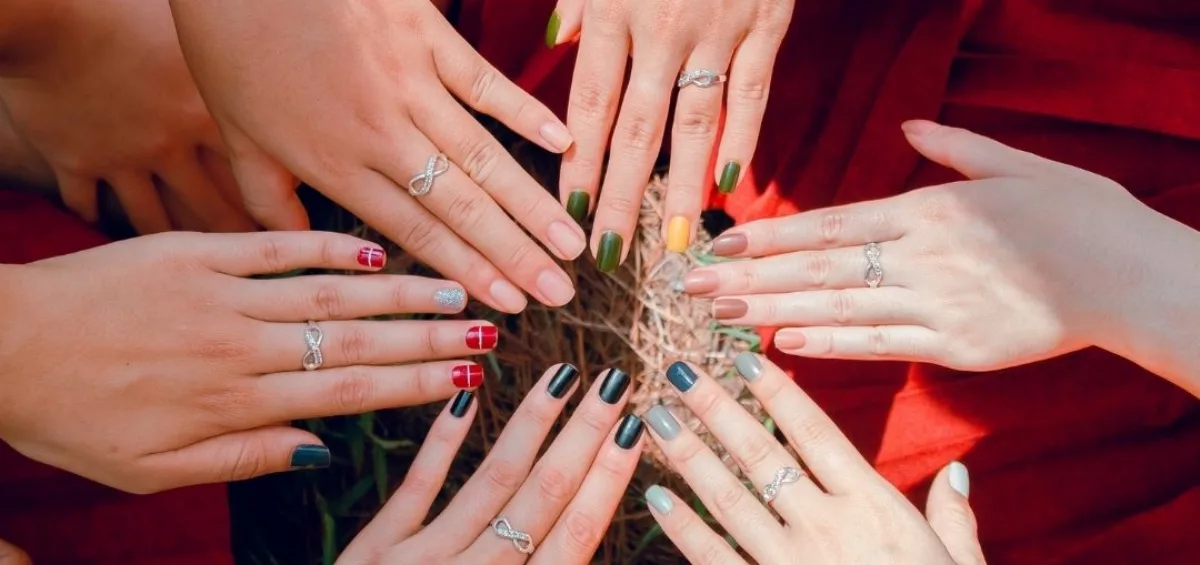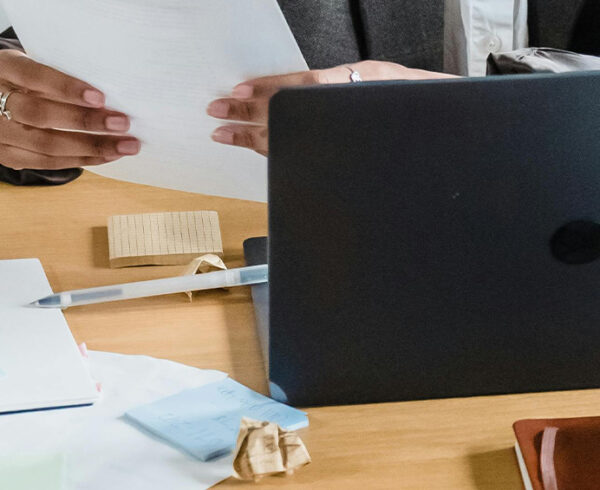Through the work of its diversity committee, CEL Solicitors regularly looks at important issues to help educate ourselves on topical subjects. This month, our owner and director Jessica Hampson, has written a blog to mark International Day of Zero Tolerance for Female Genital Mutilation 2022.
I first learned about Female Genital Mutilation (FGM) through fiction – a book I had read and a TV programme I had watched. Little did I know the true reality of and the actual scale of violence against women happening today. This is why I felt it was important to create further awareness and honour the International Day of Zero Tolerance for Female Genital Mutilation, which took place yesterday (Sunday 6th February 2022). In 2012, the UN General Assembly designated this day with the aim to amplify and direct the efforts on the elimination of this practice.
What is FGM?
Essentially it is violence against women. FGM according to the World Health Organisation is defined as “the partial or total removal of external female genitalia, or other injury to the female organs for non-medical reasons.”
FGM is mostly carried out on young girls between infancy and age 15. It can lead to death as well as lifelong complications such as infections or complications with giving birth. As well as the obvious emotional and physical pain and trauma.
I vividly remember watching the episode of The Handmaid’s Tale, a dystopian novel turned TV series, in which one of the characters Emily, who had broken the “law” by falling in love with another woman, wakes up in a hospital bed after undergoing FGM against her will. The episode was horrifically cruel but sadly this is not just an imaginary storyline on TV as more than 200 million girls and women have been through FGM.
Why is FGM performed?
In many cultures, FGM is a requirement of marriage and shows good morals and standing. It is an outdated view that is prevalent in countries like Tanzania, Egypt, Sierra Leone and Ethiopia amongst others. However, this is not just an overseas problem I was shocked to learn that despite being illegal in the UK, a new case of FGM is recorded every 92 minutes in this country according to the charity Plan International.
I first heard about FGM from a fictional book I was reading called ‘Princess: A True Story of life Behind the Veil in Saudi Arabia’. Having lived in Dubai as a young child, with a lot of family ties there, and now a mother of two daughters myself, I was really shocked to learn about this and felt it was something I rarely hear being discussed in the UK.
To educate us further on FGM, here is Isatu’s story:
How can we help?
Isatu’s story is unfortunately one of many girls across the world. FGM is a violation of the human rights of girls and women.
Here are 3 ways to help end FGM.
- Raise awareness of FGM
This can be done by starting a conversation or using the #EndFGM hashtag on social media.
- Speak out about the risks and realities of FGM.
FGM can lead to infections, complications during childbirth, and death.
- Educate girls on their right to decide what happens to their bodies.
Be an advocate for women and girls and their choices.
In order to put an end to this outdated and abusive tradition, we must keep the conversation going.













